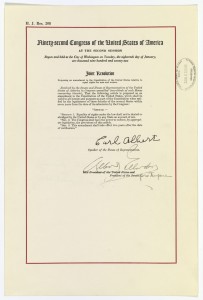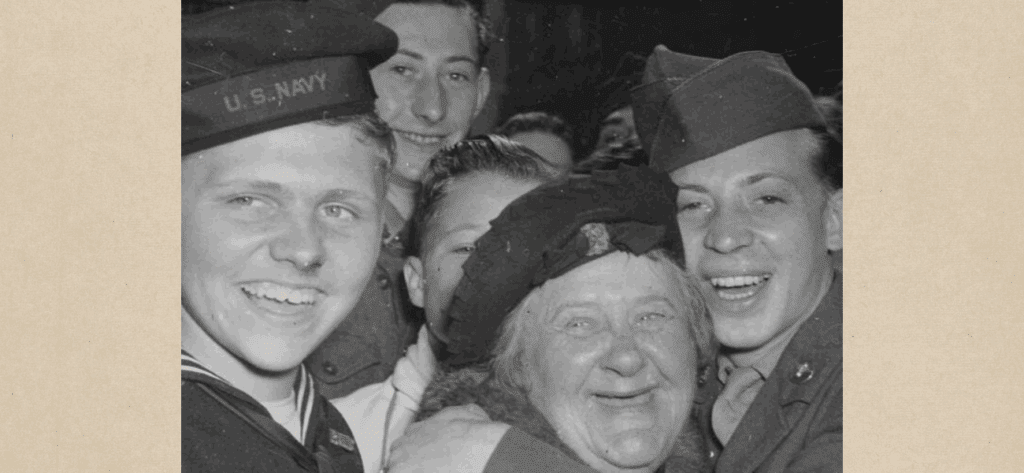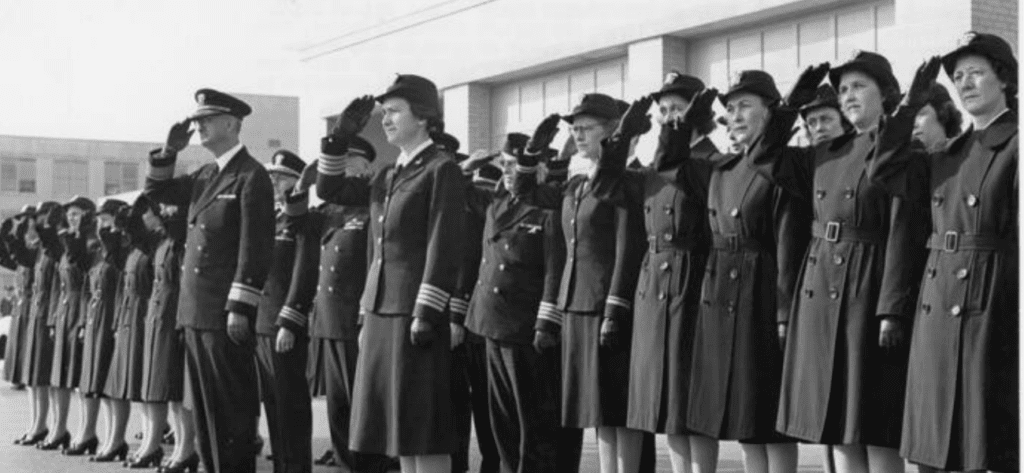
The Equal Rights Amendment (ERA) passed Congress in 1972 and was quickly ratified by 35 of the 38 states needed for it to become part of the Constitution. As the seven-year time limit for ratification approached in 1979, Congress and President Jimmy Carter controversially extended the deadline three years. However, no additional states ratified.
Joint Resolution of March 22, 1972, 86 STAT 1523, Proposing an Amendment to the Constitution of the United States Relative to Equal Rights for Men and Women, 3/22/1972.
National Archives, General Records of the United States Government.
This document is being featured in conjunction with the National Archives’ National Conversation on Women’s Rights and Gender Equality.
The “National Conversation on Rights and Justice” is presented in part by AT&T, Ford Foundation, Seedlings Foundation, Carnegie Corporation of New York, and the National Archives Foundation.
Special thanks to Perkins Coie for their support in this event in New York City.




